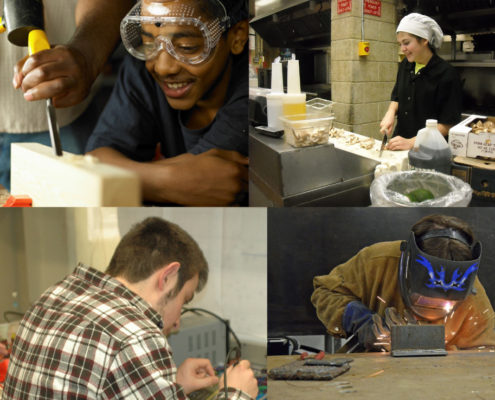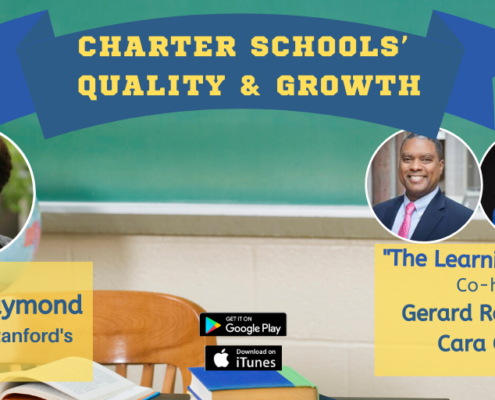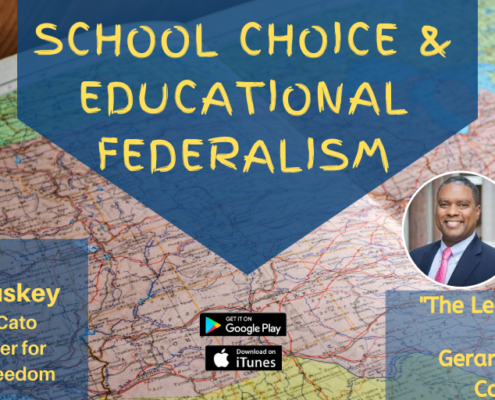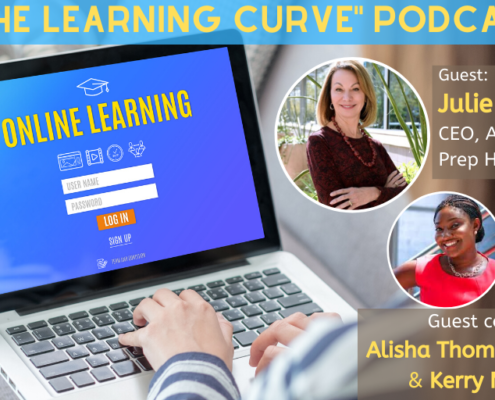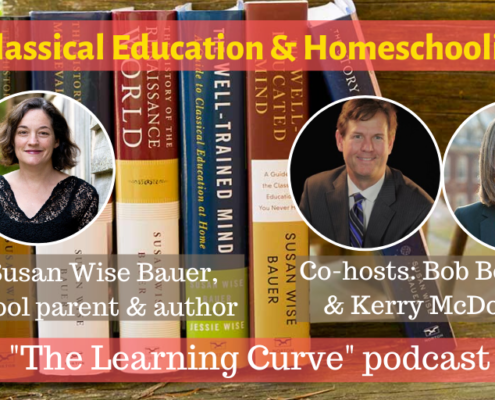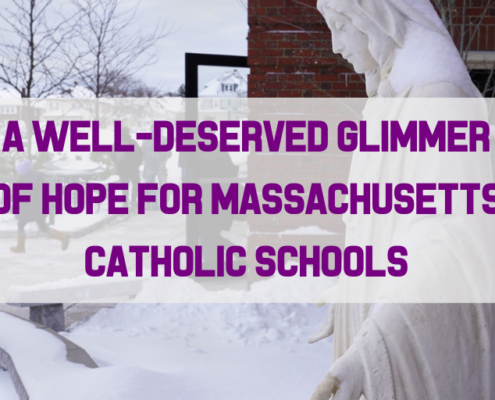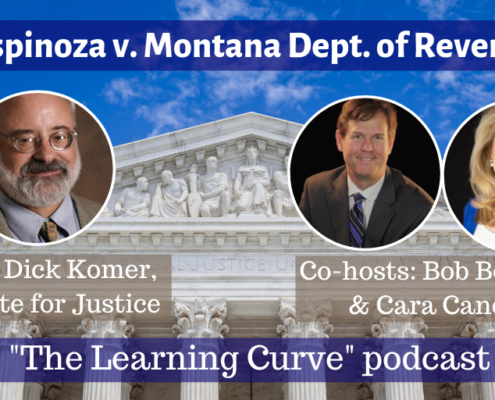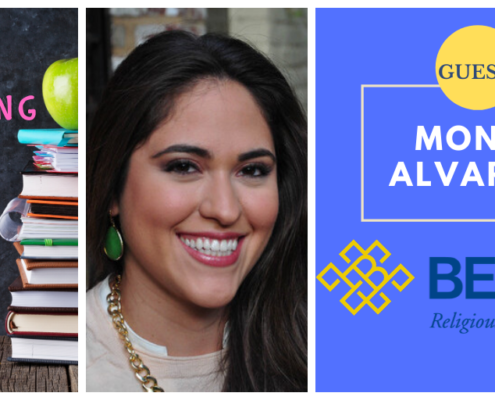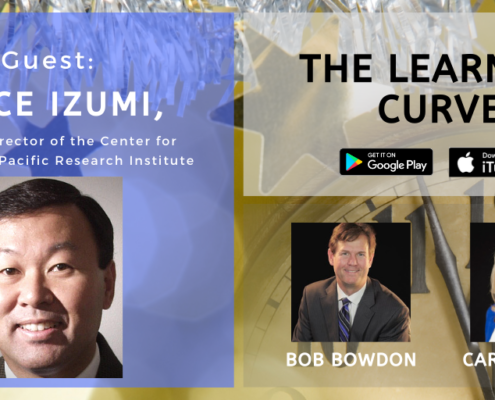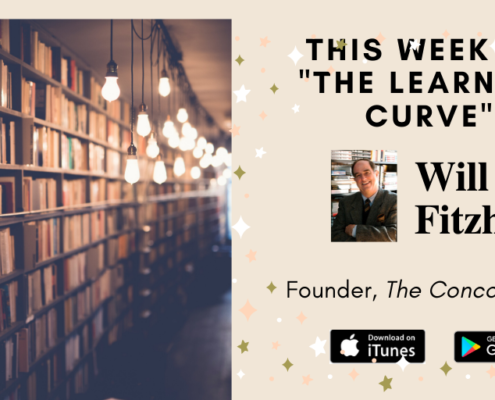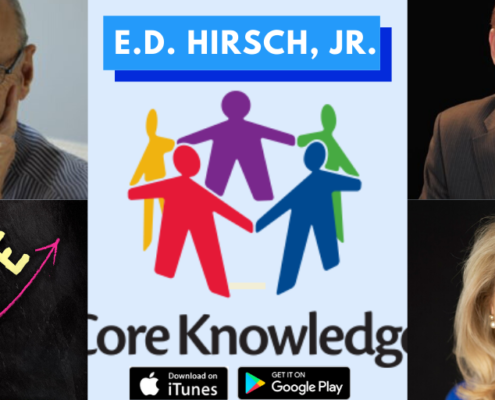Education tax credits don’t cost taxpayers a cent
This op-ed has appeared in WGBH News, The Providence Journal, and Worcester Telegram & Gazette.
In a republic based on the consent of the governed, there is a strong public interest in having an educated citizenry. Yet in Massachusetts, the cradle of public schooling in America where the state constitution directs us to “cherish” education, we seem to dole out incentives for just about everything except education.
Consider the Race Horse Development Fund. Since 2014, the commonwealth has spent nearly $80 million to subsidize a horse racing industry that’s dying from the increasing availability of other forms of gambling. Since most of the fund’s money comes from a tax on Plainridge Park Casino revenue, it amounts to a transfer from gamblers, who tend to be low income, to wealthy race horse owners.
State taxpayers paid at least $80 million in fiscal 2019 for a film tax credit designed to encourage producers to make movies in Massachusetts. But a 2014 state Department of Revenue report cast doubt on the profitability of these credits. It found that only about a third of the spending generated and jobs created by the credits occurred in Massachusetts, and most of those jobs lasted less than three months — some for just a weekend. When you add it all up, the commonwealth paid well north of $100,000 for each job created.
All told, a state commission found that these so-called tax expenditures — exemptions, deductions, credits and deferrals designed to encourage certain activities or limit the burden on certain types of individuals or endeavors — accounted for about $26 billion in foregone revenue in 2013, or nearly two-thirds of the entire state budget at the time. Many tax expenditures are well-founded, but it makes you wonder exactly what the commonwealth encourages and discourages, and how much it costs.
The U.S. Supreme Court’s recent ruling in Espinoza v. Montana Department of Revenue may make it possible for Massachusetts to encourage education tax credits — and it wouldn’t cost taxpayers a penny.
Our nation’s founders clearly envisioned public support for a range of both religious and nonsectarian school options. That educationally pluralistic vison was widely accepted until the mid-19th century, when the Irish Potato Famine triggered a flood of Catholic immigrants to the United States. In a response based on nativism and anti-Catholic bigotry, during the mid-to-late 1800s, many states adopted so-called Anti-Aid Amendments to their constitutions that barred public support of the Catholic schools to which many Irish immigrants sent their children. Sadly, in 1855, the Know-Nothing Party made Massachusetts among the first states to adopt such an amendment.
Montana was another of the nearly 40 states that adopted an Anti-Aid Amendment. There, Kendra Espinoza, a suddenly-single mom, sought a better education for her two daughters. In public schools, one daughter was bullied and the other struggled academically. Both would later thrive using Montana’s education tax credit program to attend a religious school.
The Montana Supreme Court cited the state’s Anti-Aid amendment when it invalidated the tax credit program, denying Espinoza access to funding her children needed. But this June, the U.S. Supreme Court struck down the amendment as an example of unconstitutional discrimination against religious school parents who were benefiting from the credit.
Nearly 300,000 largely poor and minority students in 18 states, including Rhode Island, benefit from education tax credits. Under these programs, most of which are need-based, individuals and businesses receive tax credits for contributions to scholarship-granting organizations, which then provide scholarships that students use to attend the public, private or religious schools of their choice. More than 90% of parents with students in choice programs say they are satisfied with them.
It’s hardly a radical approach. While the programs grant tax credits for private donations, state and federal governments provide direct grants and loans to students who choose to go to Notre Dame, Yeshiva or a public university. America’s choice-driven higher education system is the envy of the world.
An education tax credit program would, for example, allow more students to attend the commonwealth’s excellent Catholic schools, which have similar demographics but consistently outperform public schools, despite spending far less. Amid the pandemic, 4,000 more students are attending Archdiocese of Boston schools.
Espinoza makes education tax credit programs possible for many more students. If one is enacted in Massachusetts, it’s a pretty safe bet that it’ll deliver more bang for the buck than the Race Horse Development Fund or state taxpayers subsidizing Hollywood.
Charles Chieppo is a senior fellow and Jamie Gass is director of education research and policy at Pioneer Institute, a Boston-based think tank.





